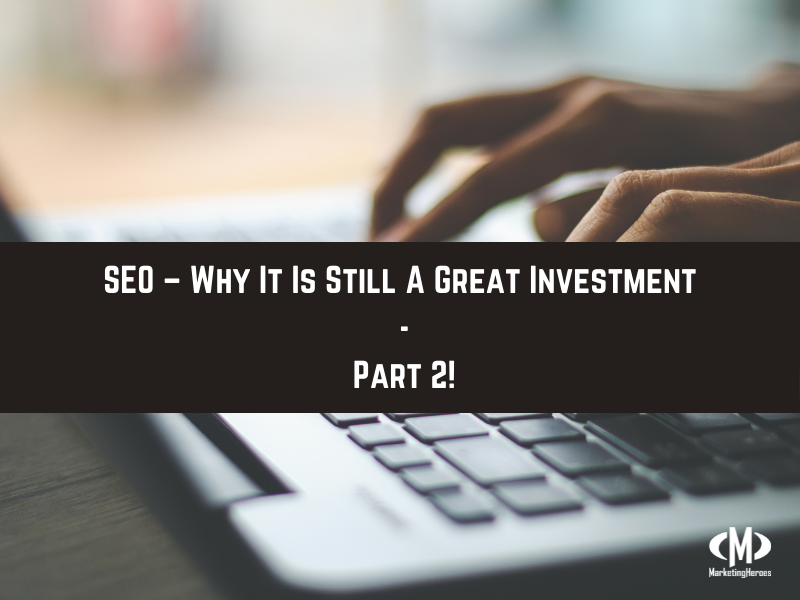
Christine here - I have been doing work lately for some clients that involves rewriting web pages for better conversion optimization. We are doing this because in some cases, the website is attracting great numbers of visitors thanks to SEO – but conversions aren't exactly where we and our clients would like them to be.
Conversion Optimization
Enter conversion optimization, which is a fancy way of saying we want each page to “speak” to that company's target audience in a way that encourages them to stay on the page and/or click to a linked page for more information about our client's services or products. This approach works well with SEO efforts. In fact, they both complement each other and need to work together to successfully attract readers and convert them into buyers.
Changing URL's – And Broken Links
I had one big question while working on these web pages: does it matter to SEO results if the title of a page is different from its URL? Personally, I thought it made a big difference. I knew it was quite easy to change a URL – now comes the big “semicolon however.” The down side of just randomly changing an existing URL to match a page's title is an SEO no-no – broken links.
When you create a page, you create its very own URL. When you publish that page, it is “etched in granite” with that URL. If you link to that page in any way, that link will only go to the page you have designated – and that one, same, original URL. So if you change that page's URL, the pre-existing link cannot find that page and it creates a 401 error. Did I mention that Google doesn't like 401/broken link errors, certainly for SEO purposes? To solve that problem, you have to do a 301 redirect to tell the “old” link to go to the “new” link, which is the new URL. Sounds simple, right? Well, that depends on how many pages are involved.
Reader Expectations
Without looking at those numbers, I'm back at my original title question – does it matter to SEO efforts if the title of a page is different from its URL? Time to ask Google that question – or Siri – or Alexa – or Echo. Got lots of good answers that explained why they should match, including: an opportunity to use a keyword in the URL; it makes the URL more readable and attractive for users; and it works better for sharing on social media.
There was one big answer for me that stood out – reader expectations. When a page with its URL is listed in the Search Engine Results Pages or SERP's, what is displayed is the one and only thing that introduces a reader to the topic of that page. When a reader clicks on that link, they expect to be delivered to a page that pretty well delivers the topic shown in the SERP listing. If there is significant difference, that reader is likely to click off right away or “bounce.” A high number of bounces away from a page may tell Google that this page does not live up to the expectations its title raised – and ranking could decrease.
On the flip side, I also read that if the title and URL are close, it really doesn't matter. My own personal opinion is that if at all possible, the title should match the URL. The easiest way to do this is start out with matching the two when the page is written and you won't ever have a problem. If you are rewriting pages and the page title changes, it is worth the effort to do a 301 redirect and know you will help your SEO efforts and fulfill reader expectations. If you have a LOT of pages that have changed titles – you're going to have to make that call on your own.
Will time spent doing 301's be worth the effort to promote successful SEO results? I say yes; however, the ultimate answer is up to you!




.png)